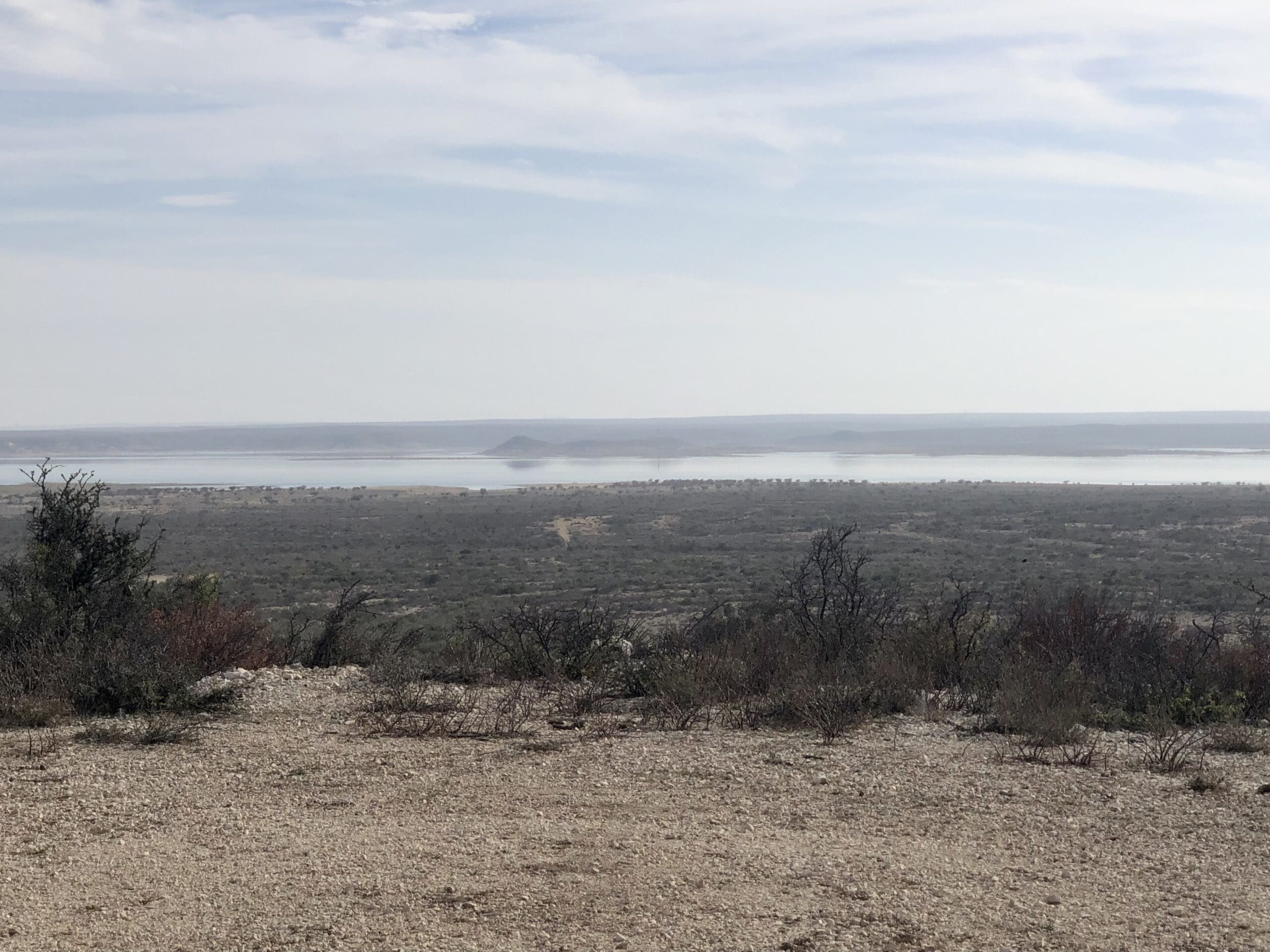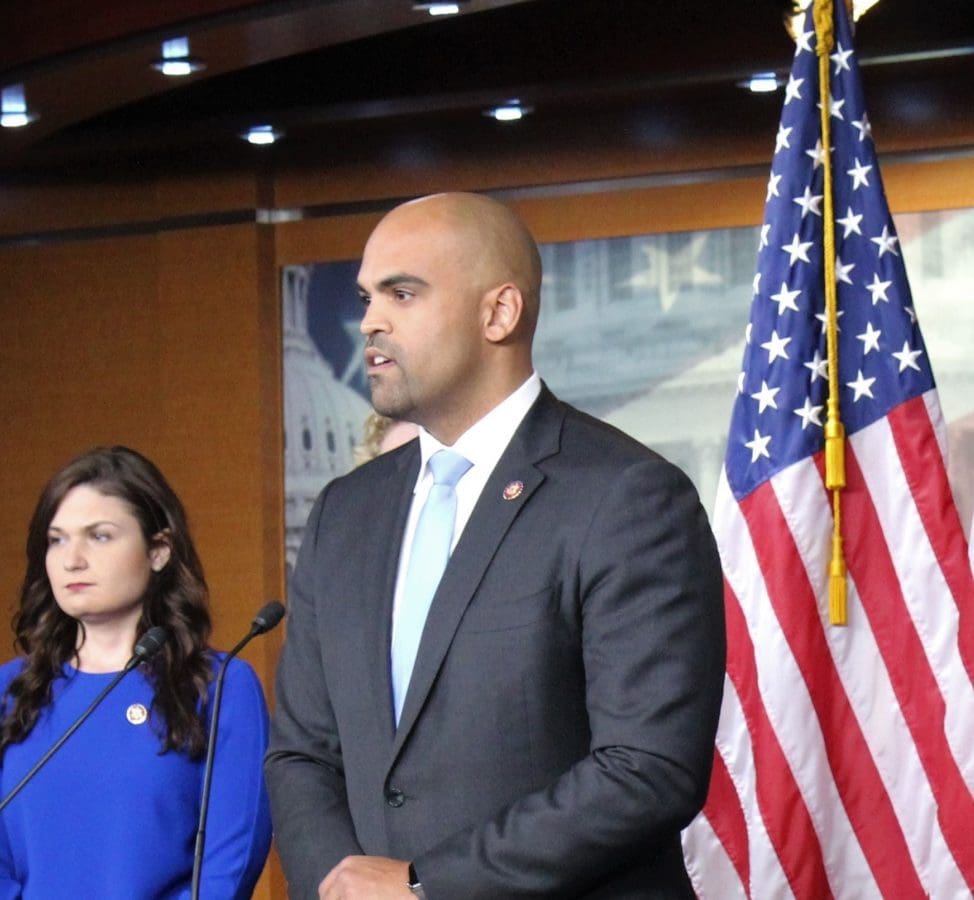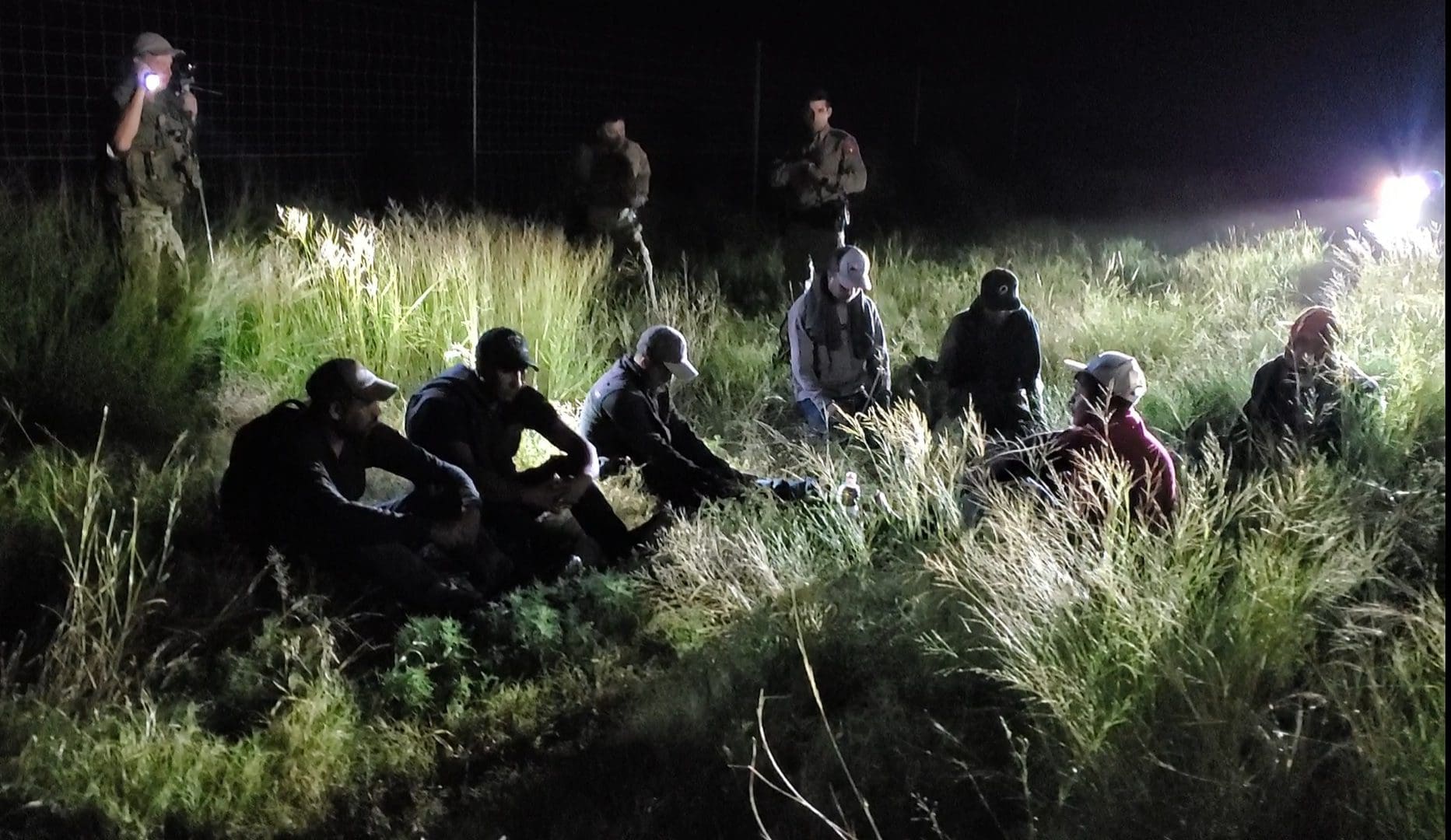As the border crisis continues, the Texas Senate Committee on Border Security strengthened proposed border security legislation from the Texas House.
Some advocates, however, say the legislation still doesn’t go far enough to empower state authorities to repel invading illegals.
After House Speaker Dade Phelan (R–Beaumont) sided with Democrats to kill a landmark border security bill, which was later attached in a severely weakened form to another measure as an amendment, citizens called on the Texas Senate to strengthen it—especially following the expiration of Title 42 and U.S. Customs and Border Protection showing a 10 percent increase in encounters from March to April.
State Sen. Brian Birdwell (R–Granbury), chairman of the Senate Committee on Border Security and the Senate sponsor for House Bill 7, obliged, strengthening HB 7 with a committee substitute.
HB 7 funds border security needs, including providing border region courts with the necessary resources for dealing with border-related offenses and compensating property owners for damages caused by illegal crossings. It also creates a state border security force under the Texas Department of Public Safety.
Birdwell has included the following changes to CSHB (Committee Substitute to House Bill) 7:
- Language from Senate Bill 2424 authorizing state law enforcement to arrest and prosecute illegal aliens in Texas who have crossed the Texas-Mexico border.
- Language from Senate Bill 600 to increase minimum sentencing for human smuggling offenses to 10 years.
- Language from Senate Bill 1900 to include Mexican cartels in the definition of foreign terrorist organizations and adding them to the organized crime statute under state law. It will increase tools available to law enforcement and prosecutors to apprehend and prevent illegal cartel activity.
- Language from Senate Bill 1133 creating a grant program under the Office of the Attorney General to compensate landowners who have property damage on agricultural land by those trespassing due to the border crisis.
- Rather than create a new Border Advisory Council as suggested in House Bill 3782, HB 7 instead will expand the existing group within the Secretary of State’s office, which already addresses border security.
- Authorization for the governor to coordinate, develop, and execute agreements with the United Mexican States in the interests of border security.
- Provisions on technology enhancement for border operations, instructing DPS to purchase and deploy technology and equipment to supplement the border forces’ operations.
The most notable changes to CSHB 7 have to do with the creation of the Texas Border Force.
The Texas Border Force will be established under the Texas Rangers division of DPS, and the chief of the Texas Rangers will also serve as the chief of the Border Force. Currently, the chief of the Texas Rangers oversees programs including the border security operations center, the joint operation and intelligence centers, and the drawbridge program (cameras that monitor illegal crossings and send photos to law enforcement).
Birdwell says, “The operational duties of the Border Force may include law enforcement operations, intelligence gathering, analysis and dissemination, coordination and command of state agencies conducting border operations, surveillance and detection of criminal activity, interdiction of individuals committing criminal activity, coordination of local, state, and federal agencies conducting border operations, and training and education programs for their professional development of employees and agency partners in carrying out border security operations.”
The Texas Border Force will include officers and employees. Additionally, DPS is authorized to enter into agreements with the Texas Military Department to employ military service members as full-time contract employees. DPS Human Resources is already equipped to hire and train personnel within this department.
Texans for Strong Borders President Chris Russo testified on the measure, stating that he fully supports the Texas Border Force but recommends adding “the explicit statutory authority [for the Texas Border Force] to repel and remove people that [a]re attempting to cross between ports of entry.”
Roberto Lopez of the Texas Civil Rights Project testified against the measure, saying, “White supremacy looks like white officers repelling brown children at the banks of the Rio Grande.”
The Senate Committee on Border Security also heard testimony on House Bill 800 (which will increase the mandatory minimum sentence for smuggling, operating a stash house, or evading arrest) and House Bill 4635 (which will provide for civil actions and remedies for organized crime, racketeering, and unlawful debt collection offenses as well as the filing of RICO liens).
All measures are expected to be passed by the Senate.
HB 7 will likely then go to a conference committee with the Texas House, where it can be changed by both parties before moving to the House floor for another vote.
No ads. No paywalls. No government grants. No corporate masters.
Just real news for real Texans.
Support Texas Scorecard to keep it that way!





